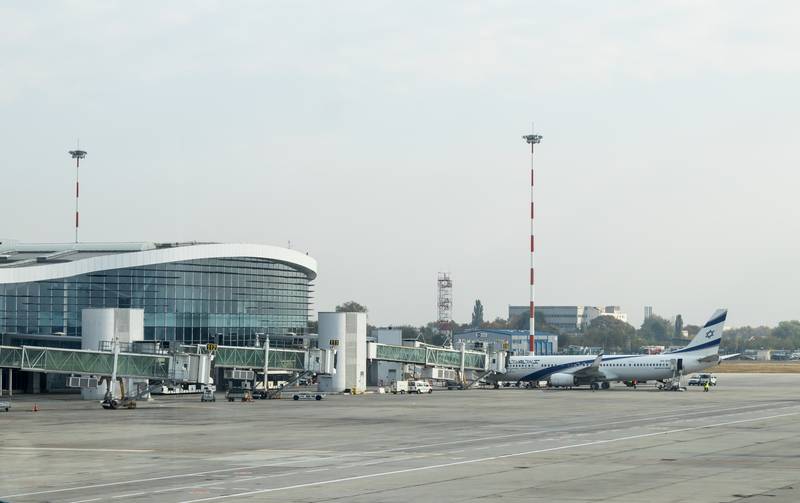- Israel's state of war declaration prompts a series of international airlines, including major US and European carriers, to suspend flights to the nation.
- The FAA advises airlines to practice caution, while EASA emphasizes robust risk assessment and readiness for instructions from Israeli authorities.
- The escalating situation in Israel leads airlines to adjust and reconsider their flight schedules, with security and safety being paramount.
Major Airlines Suspend Services; Route Adjustments Expected Amid Israeli Conflict
Safety Advisories from Aviation Authorities
Highlighting the intensity of the situation, the Federal Aviation Administration (FAA) has released a notice urging carriers to scrutinize the current security climate in Israel. The FAA's statement reads, "Operators are advised to exercise caution." Given the circumstances, flight delays are anticipated, leading the FAA to suggest operators plan their fuel requirements accordingly.
Typically, Tel Aviv's Ben Gurion International Airport manages around 300 daily departures, as per FlightRadar24 data. The predominant route, boasting 105 flights a week, heads to Istanbul. Other popular destinations include Larnaca in Cyprus, Antalya in Turkey, and key European cities such as Dubai, Athens, Rome, Paris, and Vienna.
Responses from North American and British Carriers
Several North American airlines operate routes connecting to Israel, including services from Air Canada, Delta, United, and American Airlines. While Virgin Atlantic Airways Ltd. has paused some of its Tel Aviv flights and continually assesses its program, British Airways is adjusting its flight times, providing a flexible booking policy for passengers.
Despite the turmoil, Israeli flagship airline, El Al Israel Airlines, alongside Turkish carriers Pegasus and Turkish Airlines, continue to operate select flights. Additionally, Emirates and FlyDubai flights from Tel Aviv remain scheduled for later departures.
Bypassing Israeli airspace, though relatively compact, introduces navigational challenges, especially when heading to major Persian Gulf hubs. Several zones, including Syrian airspace and sections of Russian and Ukrainian skies, have long-standing restrictions, limiting operational flexibility.
Despite the turmoil, Israeli flagship airline, El Al Israel Airlines, alongside Turkish carriers Pegasus and Turkish Airlines, continue to operate select flights. Additionally, Emirates and FlyDubai flights from Tel Aviv remain scheduled for later departures.
Bypassing Israeli airspace, though relatively compact, introduces navigational challenges, especially when heading to major Persian Gulf hubs. Several zones, including Syrian airspace and sections of Russian and Ukrainian skies, have long-standing restrictions, limiting operational flexibility.
EASA's Advisory & Asian Carriers' Response
The European Union Aviation Safety Agency (EASA) has circulated a Conflict Zone Information Bulletin for Israeli airspace. They recommend thorough risk assessment and effective contingency plans for operations. Amidst the escalating conflict, Asian airlines, such as Air India Ltd. and Cathay Pacific Airways Ltd., have suspended their services to Israel.
In light of the recent events, Iberia Express has adjusted its flight schedule to Israel. The airline had earlier introduced two daily return flights in March. However, considering the current scenario, the frequency may likely reduce to just one return flight in the near future.

